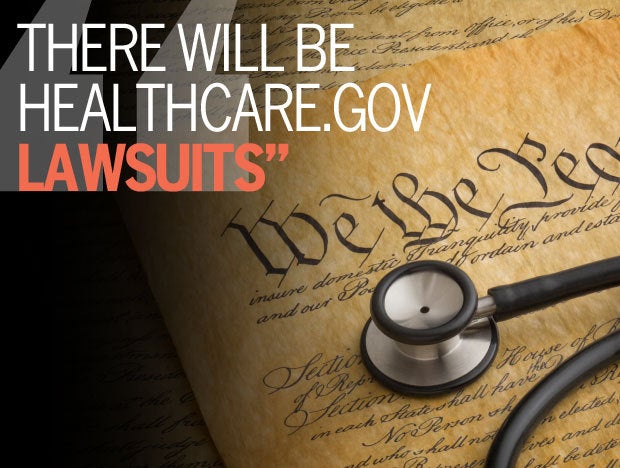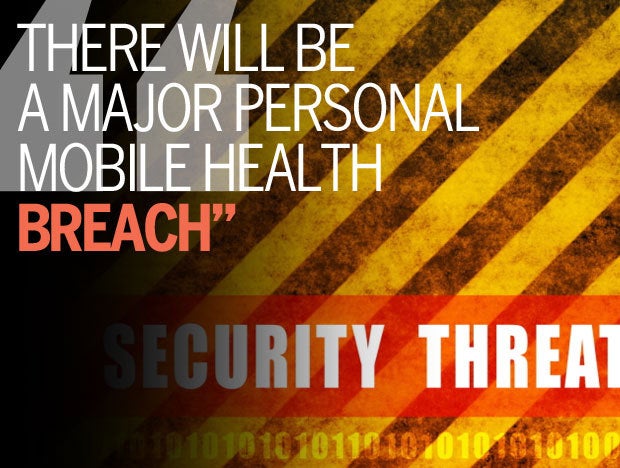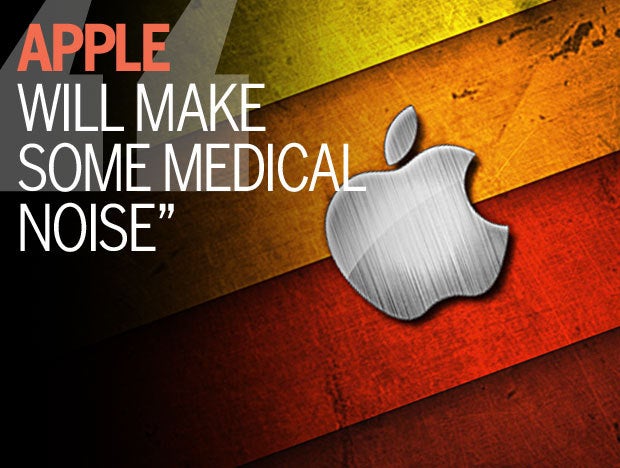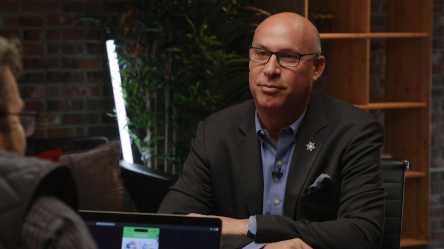EHR implementations are like blockbuster professional sports contracts — several years, hundreds of millions of dollars, lots of scrutiny. That, plus the largely finite number of U.S. hospitals, makes gaining market share tough for the 6 biggest EHR vendors (based on meaningful use attestation): — Epic, Allscripts, eClinicalWorks, NextGen, GE Healthcare and Cerner.
Enter the hundreds of EHR vendors that lie beneath. Each vendor fills its own niche: Regional, cloud-based, free, made for a certain medical specialty, home-grown, mobile and so on. If one of the “Big 6” wants to grow, innovate or improve customer satisfaction, it will probably need to buy a competitor.












